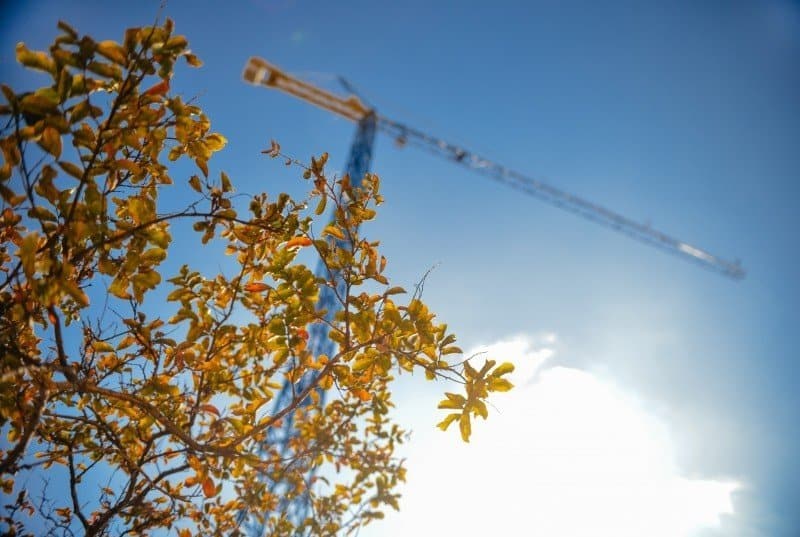Cost of construction to increase by 2% in 2021, according to AECOM report. Report also highlights need for a national housing taskforce to expedite planning and deliver more cost-effective projects.
An annual construction industry review, which will be published by AECOM on Thursday, predicts impressive growth levels for the sector in 2021 despite challenges and delays presented by COVID-19 and Brexit. While construction output is unlikely to reach pre-COVID 19 levels, it is expected that development in 2021 will significantly exceed 2020 levels.
While 2021 has got off to a bad start for the industry, the report anticipates a strong year for the sector based on a presumption that normal activity will resume shortly as the vaccine roll-out continues. The report indicates in general terms that demand has not been impacted but rather activity is delayed.
In 2020, AECOM estimated the cost of construction increased by approximately 1%. In 2021, AECOM estimate a conservative further increase of 2%. While the trade agreement between the UK and EU is only just implemented, the report suggests access to materials and other equipment has been unaffected by Brexit to date.
The report suggests access to materials and other equipment has been unaffected by Brexit to date.
John O’Regan, Director AECOM Ireland, said: “Despite the challenges associated with the dual impact of the COVID-19 and Brexit, the projected growth rate of 15% for 2021 highlights the industry’s resilience at the moment. While the first lockdown was very difficult, as an unanticipated event, the sector is now more prepared to effectively manage the associated challenges related to materials, cost, and logistics. That being said, hospitality and retail has been put on hold and, while significant commercial office developments are proceeding on site, the uncertainty around the shape of the future office workplace will slow demand in this sector.
“Our report also suggests that, while we are dealing with two very real threats to our supply chains, the price inflation for 2021 will only be marginally higher than 2020, reporting at 2%. This is very positive news for the industry and for consumers as there was considerable anticipation that the cost of building would climb sharply in 2021.
“Looking ahead, our report highlights that a key element of promoting sustainable growth for the construction industry is ensuring that promised rail projects such as the Dart Expansion and Metrolink progress as planned. While it may not seem priority now, we must double down our commitment to rail development as it will enhance our work life balance, support housing and development outside of our cities and go a long way towards our carbon emission targets.
“Finally, the report calls for the establishment of a National Housing Task Force, to consist of industry and public sector players, which could aid the fast and cost-effective delivery of housing across the country. Along with the benefits of such a taskforce, the economic restart after the coronavirus means there is a chance to improve and speed up the planning and delivery process, which is delaying many pipeline projects.”

